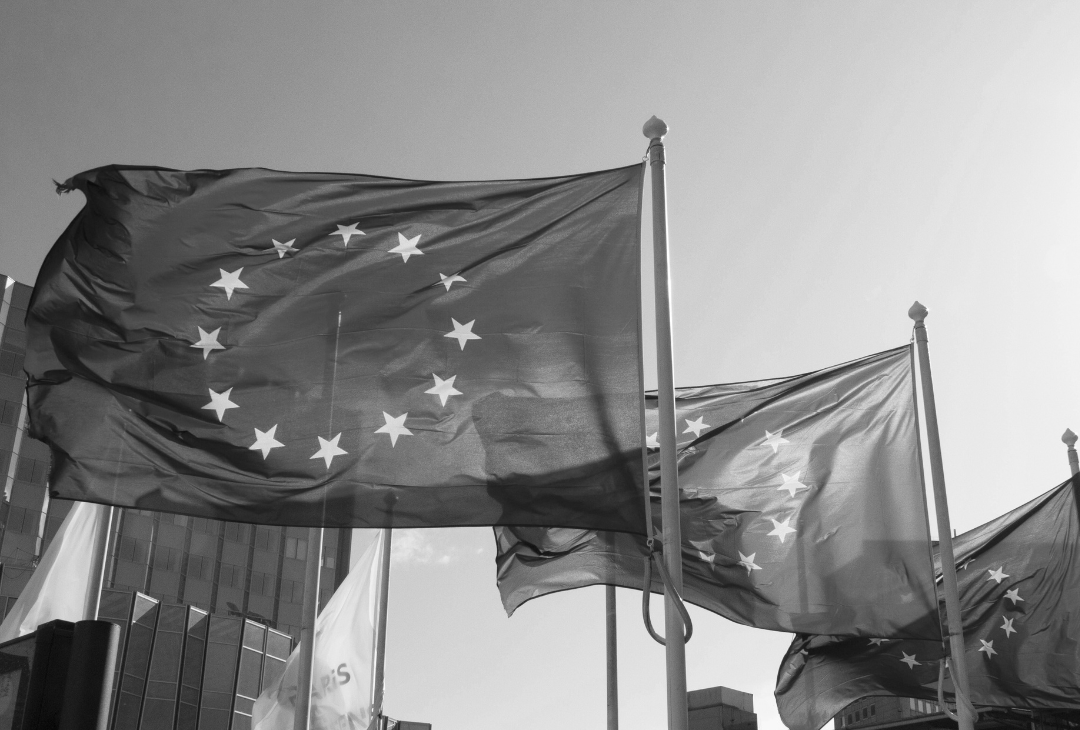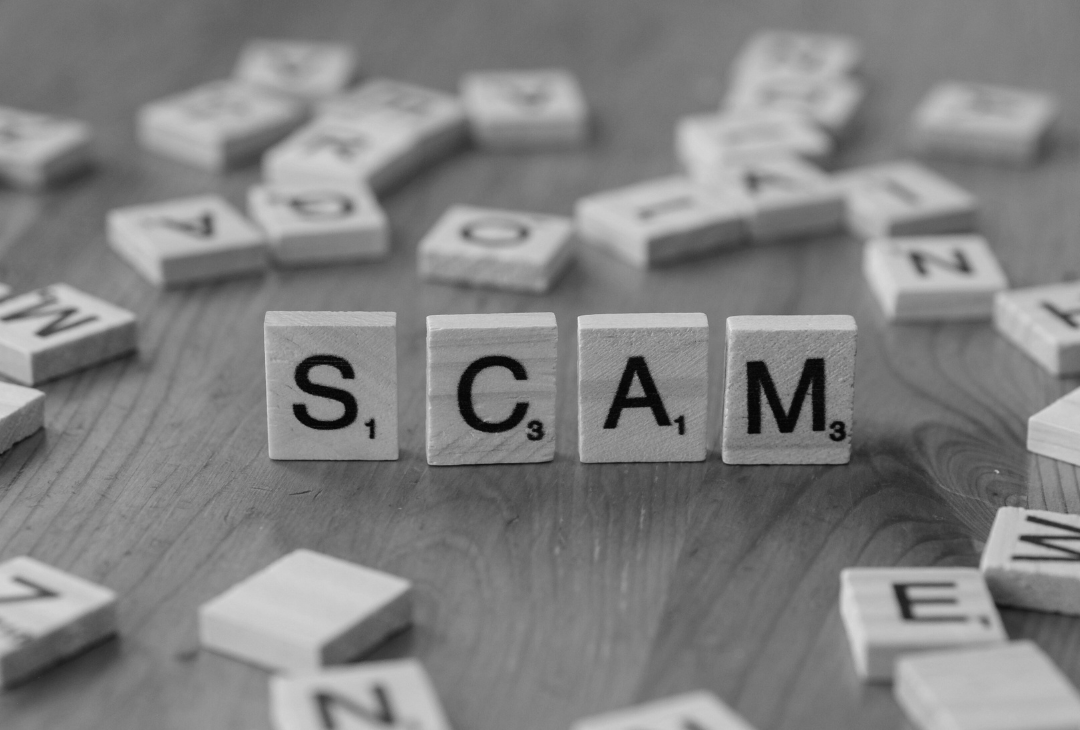Evergrande Crisis: Lessons for the West
Financial markets have been severely rattled over the past couple of weeks as the world's most indebted real estate developer struggled to raise funds to pay its many lenders, investors, and unpaid suppliers. Saddled with $305 billion in liabilities and with a series of interest payment deadlines looming, fears spread around the world that the Chinese giant, Evergrande, would fail to meet them, causing a domino effect that could threaten not only the Chinese economy, but global markets too.
Once the poster child of the Chinese real estate boom, Evergrande, formerly known as the Hengda Group, was founded in 1996 in Guangzhou by businessman Hui Ka Yan. The company started out by selling bottled water and then branched out to pig farming, but it soon expanded very aggressively into Chinese real estate.
Today, the company owns more than 1,300 projects in more than 280 cities across the country, but its interests extend far beyond that. The Evergrande Group has a wealth management arm as well, while it is also invested in electric vehicles, theme parks, food and beverage businesses, and dairy products. In 2010, it even bought one of China’s biggest football teams, Guangzhou FC, and it’s currently building the world’s biggest soccer stadium, $1.7 billion project, which will eventually seat 100,000 spectators.

To achieve all that, Evergrande borrowed recklessly for years and overextended itself. Strong connections to the Chinese Communist Party and the company’s emblematic position as one of the world’s largest developers reassured investors and the public for a long time that the debt levels it carried were sustainable, while it also eventually came to be seen as “too big to fail”.
Nevertheless, despite appearances, the more than $300 billion in liabilities proved to be too heavy a burden for Evergrande, a problem that was compounded by new regulations introduced by Beijing last year. As a result, the group was forced to start selling its properties at steep discounts just to secure liquidity. But as it increasingly struggled to find buyers, Evergrande recently issued a warning to investors, flagging cash flow issues and raising the possibility of default. The uncertainty this created has caused Evergrande's share price tumble by around 80%, while its bonds were also downgraded by credit rating agencies.

Overall, the systemic risk that Evergrande poses to China’s financial system and its economy can hardly be overstated. The group directly employs about 200,000 people, but it also indirectly helps sustain over 3.8 million jobs every year. It has a vast network of suppliers, while creditors, banks, and investors all over the globe, all with serious exposure to the over-indebted company.
Ever since the company’s troubles made headlines, many western analysts and China experts have drawn analogies to the US financial crisis of 2008, describing the Evergrande disaster as China’s “Lehman moment”. However, it is arguably a lot worse than that. As economist and fund manager Daniel Lacalle pointed out in a recent article, “Lehman Brothers was much more diversified than Evergrande and better capitalized. In fact, the total assets of Evergrande that are on the brink of bankruptcy outnumber the entire subprime bubble of the United States”.
While this crisis came as a shock to many investors and analysts, especially in the West, it can be argued that it was a long time coming. It was the expected result of an economic model that is entirely founded on debt-fueled growth and state subsidized “make work” schemes that produce an oversupply of real estate and infrastructure projects for which there is no actual demand. In fact, according to a Financial Times report, today there is more than enough unsold property in China to house the entire population of Germany.
Until now, the company’s future remains uncertain. It already missed a bond interest payment and in one of its most recent attempts to avoid defaulting on its debts, Evergrande announced the sale of a $1.5 billion stake it owns in a commercial bank. However, all the proceeds will be used to pay one of its largest creditors, Shengjing Bank, which means that Evergrande may not be able to use the funds raised to cover other obligations and looming interest payments.
Overall, given the massive disruptions and ripple effects that a total collapse would bring about, there is strong speculation that the Chinese government will step in to prevent it and bail out the company, or at least its core business. Still, that would be a politically tricky move for the CCP, after it has been pushing to de-leverage the real estate sector and reign in corporate debt.
The fate of Evergrande might still be hanging in the balance, but the lessons from this crisis are clear… and they are definitely not applicable to China alone. The artificial boom that is created by encouraging reckless borrowing, subsidizing useless projects that nobody asked for to prop up GDP and employment figures, and fostering “too big to fail” entities, is all but certain to be followed by a very real bust.




